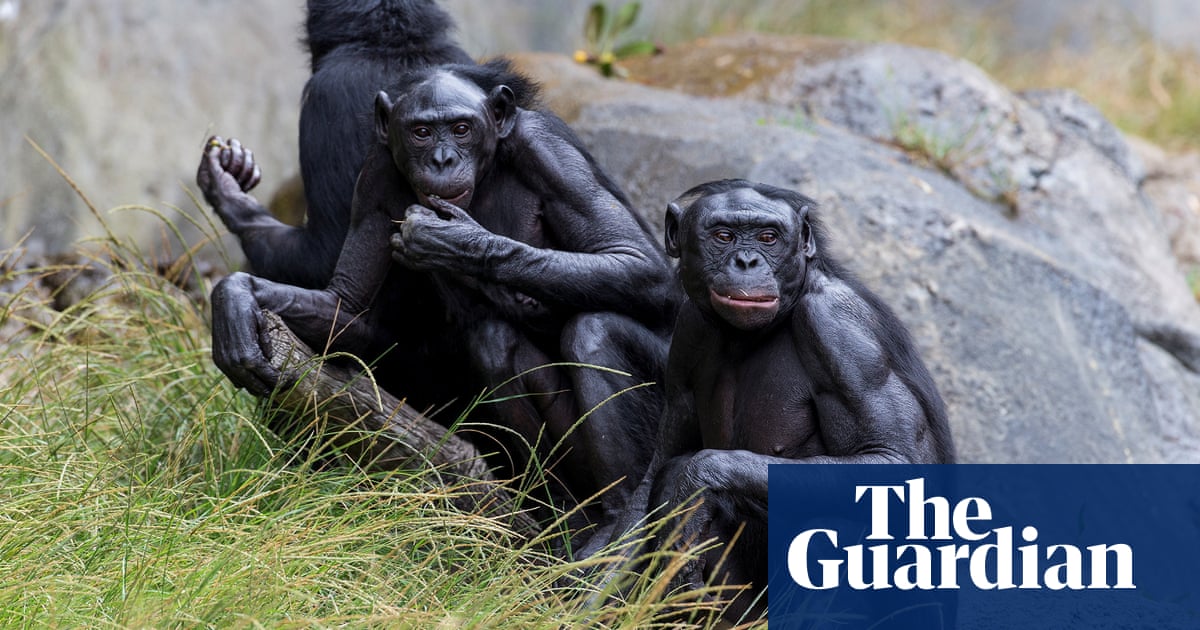
Evolutionary biologists have traced the origins of masturbation to ancient primates that predate the first humans by tens of millions of years.
The findings emerged from what scientists believe is the largest dataset ever compiled on the activity, and confirm that humans arose on a branch of the tree of life replete with self-pleasuring predecessors.
“What we can say is this behaviour was present around 40m years ago, in the common ancestor of all monkeys and apes,” said Dr Matilda Brindle, the lead researcher on the study at University College London. “It’s not that some species woke up one day and started doing it. This is an ancient, evolved trait.”
Brindle and her colleagues delved deep into the history of the behaviour in the hope of understanding the origins of what at first glance seems an evolutionary conundrum. From an evolutionary perspective, masturbation appears costly, distracting, wasteful, even risky.
To reconstruct the history of the act, the scientists pulled together hundreds of publications, questionnaire responses and personal notes about masturbating primates from primatologists and zoo keepers. They then mapped the information on to primate evolutionary trees, revealing how the activity reached back through time.
Writing in Proceedings of the Royal Society B, the team describes how masturbation appeared common across primates of all sexes and ages. But why it evolved more than 40m years ago is less clear. Historically, biological studies have neglected females, giving the authors little good data to go on. For males, however, there are at least hints.
The scientists’ analyses found support for the idea that male masturbation boosted the chances of impregnating a mate. For example, a low-ranking male may masturbate just enough to increase their arousal before sex, meaning they inseminate their partner faster – and before a burly competitor has the chance to knock them off and spoil the fun. Masturbation could also help males to shed old sperm, leaving them with fresher, more competitive sperm for sex.
That was not the only apparent driver. The researchers found that male masturbation in primates rose in line with levels of sexually transmitted infections. One explanation could be that masturbation after sex helps flush the genital tract, reducing the risk of an infection taking hold.
Brindle said more data was needed to nail down the evolutionary drivers for masturbation in females. One idea is that masturbation before sex affords female primates some influence over which male gets them pregnant: by making the vagina less acidic, it becomes more hospitable to the chosen mate’s sperm.
“This is such a common behaviour across the animal kingdom, I find it absolutely baffling that nobody has researched it before,” said Brindle. “For people who think masturbation is wrong, or unnatural in some way, this is perfectly natural behaviour. It’s part of our healthy repertoire of sexual behaviours.”
Article From & Read More ( Origins of masturbation traced back to primates 40m years ago - The Guardian )https://ift.tt/Jx0ICWR
Science
No comments:
Post a Comment